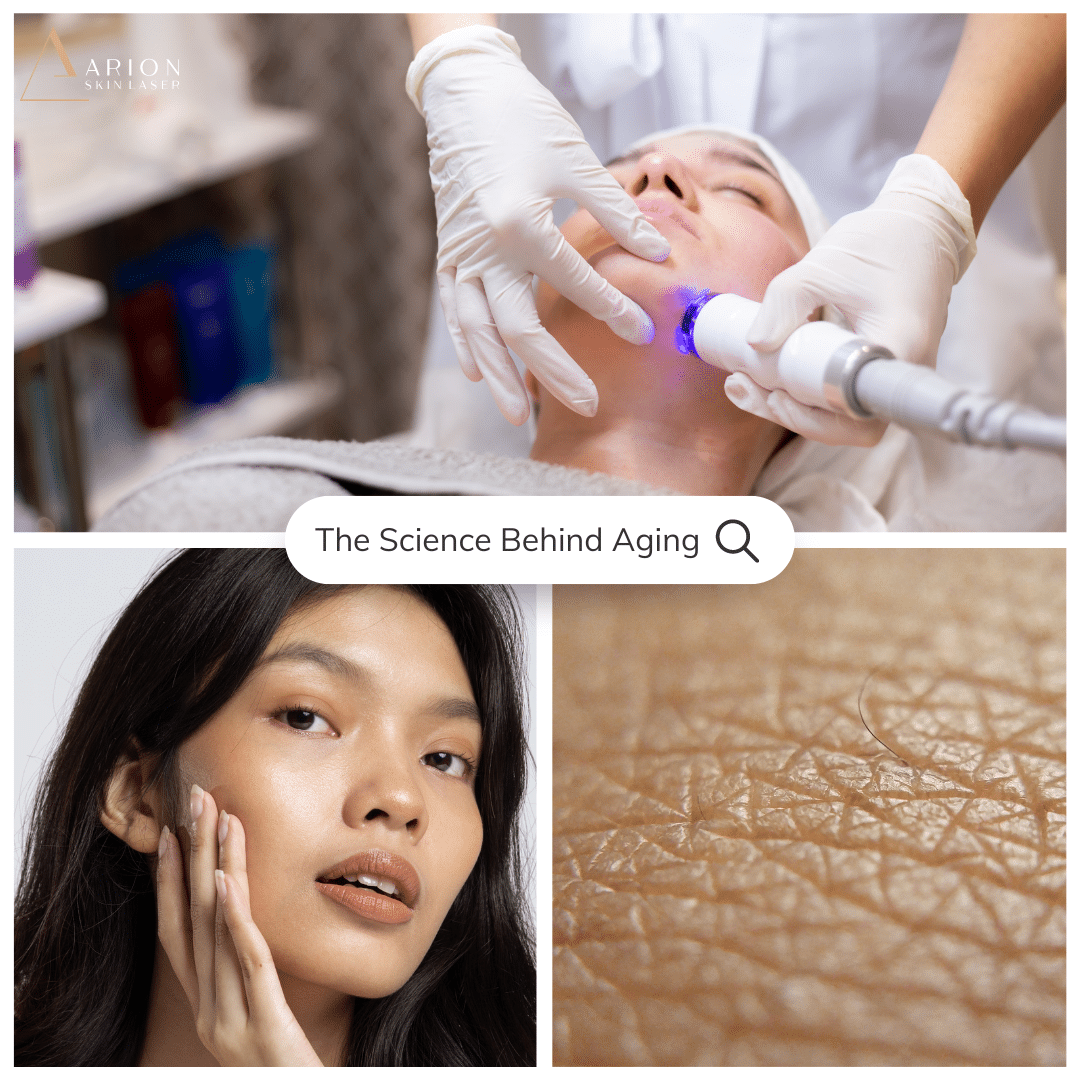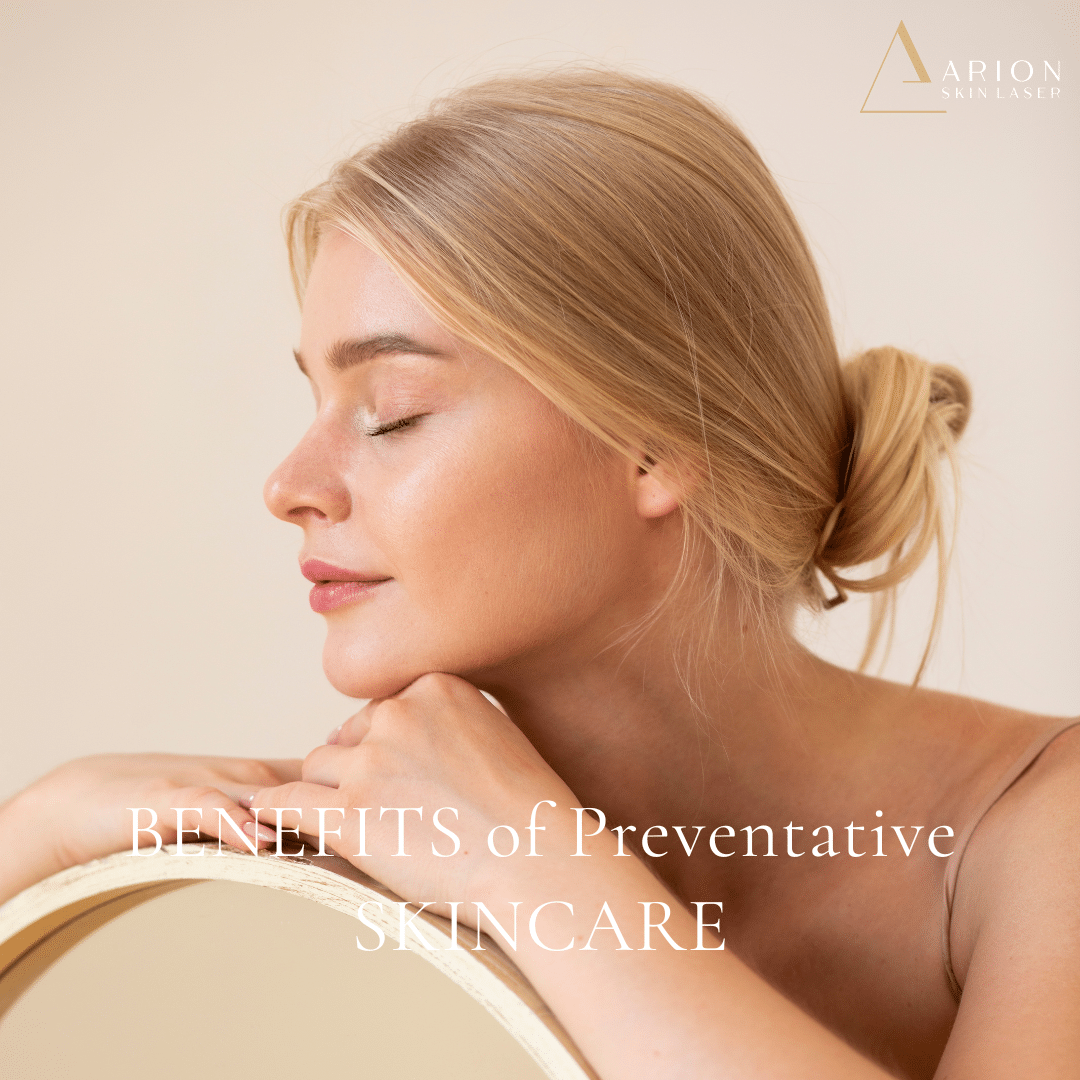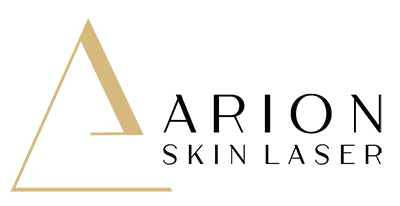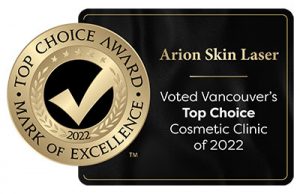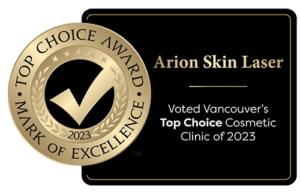Exploring the Science of Skin Aging
Aging is a natural process that affects all organs of the body, including the skin. Understanding the science of skin aging is essential for developing effective strategies to maintain a youthful appearance. This article delves into the cellular and molecular mechanisms that underlie skin aging, shedding light on both intrinsic and extrinsic factors that contribute to the visible signs of aging.
- Cellular and molecular mechanisms: Investigating how skin cells and molecules change over time.
- Intrinsic aging: Understanding the natural, internal factors that contribute to skin aging.
- Extrinsic aging: Examining external factors like UV exposure and pollution that accelerate aging.
- Preventative strategies: Exploring ways to delay the visible signs of aging through skincare and lifestyle choices.
- Advanced treatments: Discussing professional treatments available to combat advanced signs of aging.
Cellular Changes and the Science of Skin Aging
At the cellular level, aging involves a decline in the regenerative capacity of skin cells and an increase in cellular damage. One of the key players in this process is the telomere, the protective cap at the end of each chromosome. As cells divide, telomeres shorten, eventually leading to cellular senescence, a state in which cells no longer divide or function optimally.
Role of Telomeres in the Science of Skin Aging
Telomeres play a crucial role in maintaining the stability of our genetic material. As telomeres shorten with each cell division, they reach a critical length that triggers cellular senescence. This process is a significant contributor to skin aging, as senescent cells accumulate over time, leading to a decline in skin function and the appearance of aging signs.
Impact of Mitochondrial Decline on Skin Health
Mitochondria, the energy-producing organelles in cells, also experience a decline in function with age. This mitochondrial decline leads to reduced energy production, increased oxidative stress, and subsequent cellular damage. The accumulation of damaged mitochondria contributes to the aging process by impairing cellular function and promoting inflammation.
Collagen Loss and Its Impact on Skin
Collagen is a crucial protein that provides structure and support to the skin. As we age, the body’s natural production of collagen declines, leading to a decrease in skin firmness and elasticity. This reduction in collagen results in the development of fine lines, wrinkles, and sagging skin, all of which are hallmark signs of aging. Various factors accelerate collagen degradation, including prolonged sun exposure, pollution, smoking, and an unhealthy diet. These factors generate free radicals that damage collagen fibers, impeding the skin’s ability to repair itself. The impact of collagen loss is significant because collagen is responsible for maintaining the skin’s youthful appearance and resilience. Understanding the importance of collagen in skin health can guide the development of preventative skincare routines and treatments designed to stimulate collagen production and combat the visible signs of aging. Incorporating products with ingredients like retinoids, peptides, and antioxidants can help mitigate the effects of collagen loss and promote a more youthful skin appearance.
Understanding Collagen and Its Functions in the Science of Skin Aging
Collagen is the most abundant protein in the human body, making up a significant portion of the skin’s structure. It provides the skin with strength, flexibility, and elasticity, essential for maintaining a youthful appearance. Collagen fibers form a supportive network that holds skin cells together, giving the skin its firm and smooth texture. There are several types of collagen, but Types I and III are the most prevalent in the skin. Type I collagen is the most abundant and is found in the skin, tendons, and bones, while Type III collagen is present in the skin, blood vessels, and internal organs. Collagen production naturally decreases with age, leading to thinner, less elastic skin. Factors such as UV radiation, smoking, and poor nutrition can accelerate collagen breakdown. Maintaining a healthy lifestyle and using skincare products that promote collagen synthesis can help preserve skin structure and delay the onset of aging signs, such as wrinkles and sagging skin.
Factors Leading to Collagen Degradation
Several factors contribute to collagen degradation, including exposure to ultraviolet (UV) radiation, pollution, smoking, and poor nutrition. UV radiation, in particular, generates reactive oxygen species (ROS) that break down collagen fibers and inhibit new collagen synthesis. This process, known as photoaging, accelerates the natural aging process of the skin.
The Natural Aging Process
The natural aging process, also known as chronological aging, is an inevitable part of life governed by genetic and biological factors. This intrinsic aging process affects the skin’s structure and function over time, leading to visible changes such as thinning skin, decreased elasticity, and the formation of wrinkles. As we age, the skin’s ability to regenerate and repair itself diminishes, resulting in slower cell turnover and reduced production of essential proteins like collagen and elastin. The natural aging process is gradual, occurring over decades, and is influenced by the body’s internal biological clock. Key factors contributing to natural aging include hormonal changes, such as decreased estrogen levels in women, which can affect skin hydration and elasticity. While intrinsic aging cannot be entirely prevented, adopting a proactive skincare routine, staying hydrated, and maintaining a balanced diet rich in antioxidants and nutrients can help mitigate its effects and support overall skin health.
Intrinsic Aging: The Body’s Internal Clock
Intrinsic aging, also referred to as chronological aging, is the natural, genetically predetermined process that occurs as we grow older. This internal aging mechanism is governed by the body’s biological clock and affects all layers of the skin. Intrinsic aging leads to a gradual decline in skin function and appearance, characterized by the thinning of the skin, reduced collagen and elastin production, and decreased oil production. These changes result in dryness, loss of elasticity, and the formation of fine lines and wrinkles. Hormonal fluctuations, particularly during menopause, can exacerbate these effects, further impacting skin texture and firmness. Unlike extrinsic aging, which is influenced by external factors such as UV radiation and pollution, intrinsic aging is an unavoidable aspect of the aging process. However, adopting a comprehensive skincare routine that includes hydration, nutrition, and the use of targeted anti-aging products can help support skin health and minimize the visible signs of intrinsic aging.
Extrinsic Aging: External Factors Affecting Skin Aging
Extrinsic aging results from external factors such as sun exposure, pollution, and lifestyle choices. Unlike intrinsic aging, extrinsic aging can often be controlled or mitigated through preventative measures. UV radiation is the most significant extrinsic factor, causing direct DNA damage and promoting the breakdown of essential skin components.
Visible Signs of Aging
The visible signs of aging manifest as changes in the skin’s appearance and texture, primarily driven by the natural aging process and environmental factors. Fine lines, wrinkles, and age spots are some of the most noticeable indicators. As collagen and elastin fibers break down, the skin loses its firmness and elasticity, leading to sagging and the formation of deeper wrinkles. Additionally, the skin’s ability to retain moisture diminishes, resulting in dryness and a dull complexion. Pigmentation changes, such as age spots and uneven skin tone, become more prevalent due to prolonged exposure to UV radiation. Thinning skin and a decrease in subcutaneous fat also contribute to a more aged appearance, making veins and bones more prominent. Recognizing these signs early and incorporating preventative skincare measures, such as the use of sunscreens, antioxidants, and moisturizers, can help mitigate their impact and maintain a more youthful appearance.
Fine Lines and Wrinkles
Fine lines and wrinkles are among the earliest and most common signs of aging, primarily resulting from the breakdown of collagen and elastin in the skin. Collagen loss and decreased skin elasticity lead to the formation of these lines, which initially appear as faint creases and gradually deepen over time. Repeated facial expressions, such as smiling, frowning, and squinting, contribute to the development of dynamic wrinkles, particularly around the eyes (crow’s feet), forehead, and mouth. Environmental factors, including UV exposure and pollution, accelerate this process by generating free radicals that damage skin cells and further degrade collagen fibers. To address fine lines and wrinkles, it is essential to incorporate skincare products with active ingredients such as retinoids, peptides, and antioxidants into your routine. These ingredients help stimulate collagen production, protect against free radical damage, and improve skin texture, thereby reducing the appearance of wrinkles and promoting a smoother, more youthful complexion.
Age Spots and Pigmentation Changes
Age spots, also known as liver spots or solar lentigines, are small, dark patches that appear on the skin as a result of prolonged sun exposure. These spots are caused by an increase in melanin production and are more common in areas frequently exposed to the sun, such as the face, hands, and arms.
Maintaining Youthful Skin Appearance
Maintaining a youthful skin appearance involves adopting a comprehensive skincare routine and making lifestyle changes that support skin health. Proper hydration, nutrition, and the use of skincare products with active ingredients are essential for preserving skin vitality.
Importance of Hydration and Nutrition in Maintaining Youthful Skin Appearance
Hydration and nutrition play critical roles in maintaining healthy, youthful skin. Proper hydration helps to keep the skin plump and resilient, preventing dryness and the formation of fine lines. Drinking adequate water and using hydrating skincare products that contain ingredients like hyaluronic acid can significantly improve the skin’s moisture levels and barrier function. Nutrition is equally important; a diet rich in antioxidants, vitamins, and minerals supports skin health from within. Vitamins C and E, for example, are powerful antioxidants that protect the skin from oxidative stress and promote collagen synthesis. Omega-3 fatty acids, found in foods like fish and flaxseeds, help maintain the skin’s lipid barrier, reducing inflammation and keeping the skin supple. A balanced diet that includes a variety of fruits, vegetables, lean proteins, and healthy fats provides the essential nutrients needed for skin repair and regeneration, enhancing overall skin appearance and delaying the signs of aging.
Role of Antioxidants in Skincare for Maintaining Youthful Skin Appearance
Antioxidants are compounds that neutralize free radicals, which are unstable molecules that cause cellular damage and accelerate aging. Incorporating antioxidant-rich products into your skincare routine can help protect the skin from environmental damage and support its natural repair processes.
Benefits of Preventative Skincare
Preventative skincare involves adopting habits and using products designed to protect the skin from damage and promote long-term health. This proactive approach can significantly delay the onset of visible signs of aging and maintain a youthful appearance. Key elements of preventative skincare include the regular use of sunscreen to protect against UV damage, which is the primary cause of extrinsic aging. Antioxidants, such as vitamins C and E, neutralize free radicals and prevent oxidative stress that accelerates aging. Incorporating retinoids into your skincare routine can boost cell turnover and collagen production, helping to reduce fine lines and improve skin texture. Hydration is also crucial, as well-moisturized skin is more resilient and less prone to wrinkles. Preventative skincare not only addresses current skin concerns but also lays the foundation for healthier, more resilient skin in the future, making it an essential strategy for anyone looking to preserve their skin’s youthful appearance.
Daily Skincare Routine Essentials for the Benefits of Preventative Skincare
A comprehensive daily skincare routine should include cleansing, moisturizing, and sun protection. Using a gentle cleanser helps remove impurities without stripping the skin of its natural oils. Moisturizers help maintain the skin’s hydration levels, while broad-spectrum sunscreens protect against UV damage.
Long-term Benefits of Consistent Skincare
Consistent skincare practices yield significant long-term benefits, ensuring that the skin remains healthy and youthful-looking over time. Regular use of sunscreen, moisturizers, and targeted treatments can help prevent premature aging and reduce the appearance of fine lines and wrinkles. Sunscreens protect the skin from harmful UV rays, preventing sunburn, pigmentation changes, and collagen breakdown. Moisturizers keep the skin hydrated, maintaining its elasticity and barrier function. Targeted treatments, such as retinoids and antioxidants, promote collagen production, improve skin texture, and protect against environmental damage. Consistency in skincare also helps to address and manage specific skin concerns, such as acne, hyperpigmentation, and dryness, by providing the skin with continuous care and nourishment. Over time, a consistent skincare routine can lead to a more even skin tone, smoother texture, and reduced signs of aging, ultimately contributing to a more youthful and radiant complexion.
Advanced Skincare Treatments
Advanced skincare treatments offer significant improvements for those looking to address more pronounced signs of aging. These professional treatments include chemical peels, microdermabrasion, and laser therapy, each providing unique benefits. Chemical peels use acid solutions to exfoliate the outer layers of skin, promoting the growth of new, smoother skin and reducing the appearance of fine lines, pigmentation, and acne scars. Microdermabrasion is a mechanical exfoliation technique that gently removes the top layer of dead skin cells, enhancing skin texture and tone. Laser treatments, such as fractional lasers, use focused light energy to stimulate collagen production, reduce pigmentation, and improve skin elasticity. These treatments can target specific areas with precision, offering tailored solutions for individual skin concerns. Consulting with a dermatologist or skincare professional can help determine the most appropriate advanced treatment based on skin type and aging concerns, ensuring optimal results and a more youthful, rejuvenated appearance.
Chemical Peels and Microdermabrasion in Advanced Skincare Treatments
Chemical peels and microdermabrasion are advanced skincare treatments designed to exfoliate the skin and improve its texture and appearance. Chemical peels involve applying a solution containing acids such as glycolic, lactic, or salicylic acid to the skin. These acids dissolve the bonds between dead skin cells, promoting the shedding of the outer layer and revealing fresher, smoother skin underneath. Chemical peels can vary in strength, from superficial peels that target the epidermis to deeper peels that reach the dermis, providing significant improvements in fine lines, pigmentation, and acne scars. Microdermabrasion, on the other hand, is a mechanical exfoliation technique that uses a handheld device to gently abrade the skin’s surface. This process removes dead skin cells and stimulates collagen production, enhancing skin tone and texture. Both treatments are effective in addressing various signs of aging, including wrinkles, age spots, and dullness, and can be tailored to individual skin needs for optimal results.
Laser Treatments and Their Benefits
Laser treatments are a popular and effective option for addressing various signs of aging and skin imperfections. These treatments use focused light energy to target specific areas of the skin, stimulating collagen production and promoting cell renewal. One of the most common types of laser treatments is fractional laser therapy, which creates microscopic wounds in the skin, triggering the body’s natural healing response. This process helps reduce the appearance of fine lines, wrinkles, and pigmentation irregularities, while improving skin texture and tone. Another type of laser treatment, IPL (Intense Pulsed Light), targets pigment in the skin, effectively treating age spots, sun damage, and vascular lesions. The benefits of laser treatments include minimal downtime, precision targeting, and long-lasting results. By promoting collagen synthesis and improving overall skin health, laser treatments can provide a more youthful and radiant complexion. Consulting with a skincare professional can help determine the most suitable laser treatment based on individual skin concerns and goals.
Lifestyle Factors Influencing Skin Aging
In addition to skincare products and treatments, several lifestyle factors can influence the rate at which your skin ages. Making positive changes in these areas can support overall skin health and slow the aging process.
Impact of Diet and Exercise on Skin Health
Diet and exercise play crucial roles in maintaining healthy, youthful skin. A balanced diet rich in antioxidants, vitamins, and minerals supports skin health from within. Antioxidants, such as vitamins C and E, help neutralize free radicals and protect the skin from oxidative stress, which can accelerate aging. Foods high in omega-3 fatty acids, like fish and flaxseeds, help maintain the skin’s lipid barrier, reducing inflammation and keeping the skin supple. Hydrating foods, such as fruits and vegetables, contribute to overall skin hydration, enhancing its elasticity and resilience. Regular exercise improves circulation, delivering oxygen and essential nutrients to the skin cells and promoting a healthy, glowing complexion. Exercise also helps reduce stress levels and boost the production of endorphins, which can positively impact skin appearance. Combined, a nutritious diet and regular physical activity support the skin’s natural functions, delay the visible signs of aging, and contribute to a vibrant, youthful appearance.
Effects of Stress and Sleep Deprivation
Chronic stress and lack of sleep can accelerate the aging process by increasing the production of cortisol, a hormone that breaks down collagen. Ensuring adequate rest and managing stress through activities such as yoga, meditation, or hobbies can help maintain healthy skin.
Future Trends in Anti-Aging Skincare
The future of anti-aging skincare is promising, with continuous advancements in technology and ingredients that address the complex needs of aging skin. Innovations in skincare technology, such as the development of peptides, stem cell treatments, and nanotechnology, are offering new ways to combat the signs of aging. Peptides, short chains of amino acids, are increasingly used in skincare products to stimulate collagen production and improve skin elasticity. Stem cell treatments, derived from plant or human sources, promote cell regeneration and repair, enhancing overall skin health and appearance. Nanotechnology enables the delivery of active ingredients at a cellular level, increasing their efficacy and penetration into the skin. Emerging ingredients, such as bakuchiol, a plant-based alternative to retinol, provide anti-aging benefits with fewer side effects. Additionally, personalized skincare regimens based on genetic analysis and individual skin profiles are becoming more accessible, allowing for tailored treatments that address specific aging concerns. These trends reflect a growing emphasis on science-driven, targeted approaches to maintaining youthful, healthy skin.
Innovations in Skincare Technology for Anti-Aging
Advancements in skincare technology, such as the development of peptides, stem cell treatments, and nanotechnology, are offering new ways to combat the signs of aging. These innovations aim to enhance the delivery and efficacy of active ingredients, providing more targeted and effective treatments.
Emerging Ingredients in Anti-Aging Products
New ingredients, such as bakuchiol, a plant-based alternative to retinol, and various peptides that stimulate collagen production, are gaining popularity in the skincare industry. These ingredients offer promising results with fewer side effects compared to traditional anti-aging compounds.
By understanding the science behind skin aging and adopting a proactive approach to skincare, you can effectively manage the aging process and maintain a youthful appearance. For those seeking advanced treatments, consulting with a professional at a skin laser clinic in Vancouver can provide personalized recommendations and access to cutting-edge technologies.
